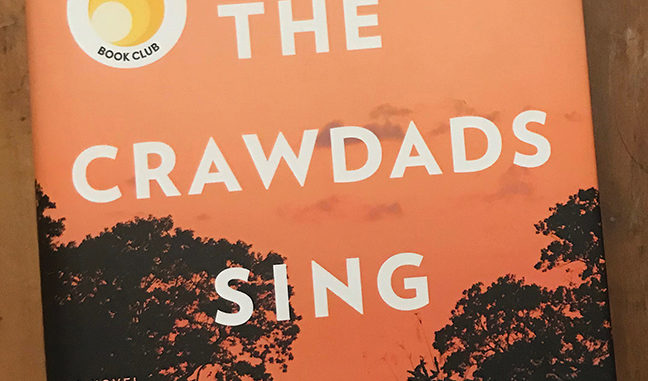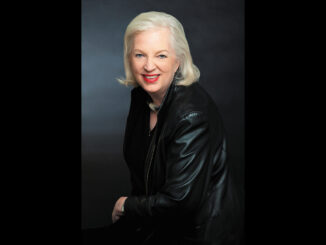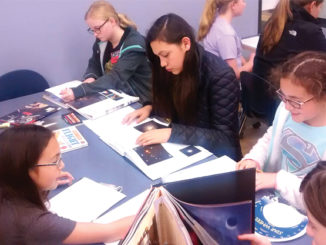
While winter makes for a less-than-productive-and-overstressed-me, it’s wonderful reading weather. When it comes to putting nose-to-book, I have been very productive indeed. It’s tough though, given that my sister made the mistake of showing me the wonder of a certain British baking show. Still, I’ve ordered a dozen books over the course of the last month; now all I need is a good week to hole up and read them, or the discipline to read for a few hours every night after work. Every time it snows, I hope it’ll stick enough to cut a day off the workweek. Some recent snow day allowed me to finish Rachel Kushner’s The Mars Room and Rudolph Wurlitzer’s The Drop Edge of Yonder (an impulse buy during a Two Dollar Radio sale, along with The Orange Eats Creeps, which seems I can only read for a few minutes at a time; it’s about teenage vampire hobos, so it’s a little out there).
The last fifty pages of The Mars Room were as methodical and brilliant as the rest of the book. Kushner’s got this elegant way of putting her sentences together even while describing something as intrinsically gruesome as a jailhouse brawl. The pieces Kushner alludes to throughout the story shrink to the periphery and then come forward right when they need to. The plot circles in on itself in a truly masterful way. Half of you knows what’s going to happen just as the other half wishes against it, trying to cobble together a different conclusion but knowing that, like the protagonist, you’re trapped no matter how the story’s spun.
I’d ordered Wurlitzer’s Drop Edge of Yonder due to a Cormac McCarthy comparison, who’s one of my all-time favorites and an excellent crafter of the more-than-slightly repugnant characters in desert or otherwise desolate settings who are still written in such a way that you can’t help but be intrigued by their strange morality (if you can call it that). Wurlitzer’s characters, much like McCarthy’s, are only interested in their own survival, and they’ll do what they need to in order to assure they don’t get shot or imprisoned or hanged or otherwise meet a demise that they likely deserve. Thing is, all the other characters are as deplorable as the main guy, so you get swept up in wanting them to live because they’re often just a hair better than someone else in the book. Drop Edge, as expected, reminded me of any “western” movie I’ve seen, where the good guys and bad guys are both relegated to violence to solve existing violence. Apart from unnecessary comparisons to McCarthy – just because someone writes a book set in the same-ish time period and provides an antihero front-and-center surrounded by a cast equally as doomed doesn’t throw it into the same class as McCarthy – Wurlitzer’s Drop Edge does provide an excellent character in the form of Zebulon Shook, whose behavior and haunted nature elicits heavy curiosity and even a sense of wonder while you follow him around in what is indeed a wild and bloody yonder.
Some book I recently read (might have been Mary Karr’s Lit, which I also finally finished) mentioned A Confederacy of Dunces, so I ordered it a few days after the Two Dollar Radio books arrived. Its main character, Ignatius P. Reilly, is quite possibly one of the funniest, most ridiculous characters I’ve ever met. It’s my fallback comedic relief amongst the pile of books I’ve ordered lately. About halfway through reading it, my copy of Delia Owens’ Where the Crawdads Sing came in the mail, so I put Ignatius P. Reilly aside.
Delia Owens is kind of a big deal right now. Reese Witherspoon (look! another celebrity endorsement!) picked Where the Crawdads Sing for her book club this past September, which helped to shoot the book up the ranks on the NYT bestseller list. It’s been sitting pretty on said list for more than 20 weeks at this point, making its way to number one. It’s touted as a murder mystery and romance, but it leans heavily towards the latter, even getting a little too Nicholas Sparksy at times. I winced a few times reading scenes of fumbling, virginal grope-sessions and cheesy descriptions of shoulders caressing and fingertips brushing each other, because the book is pretty fantastic overall.
Crawdads starts off well enough. The pacing is s-l-o-o-o-o-o-o-w, the story oscillating between main character Kya’s childhood in the early 50s and investigation of a murder in the late 60s. Kya is left to fend for herself at the tender age of six when her mother leaves her and her siblings to live in their humble shack in a marsh of North Carolina with their father who, in typical Southern-book fashion, is an abusive drunk suffering from PTSD (geez, dads in literature set in the 50s-60s sure do get the short end of the stick). When the rest of her family leaves, including her father eventually, poor Kya survives on grits and mussels for years. She can’t read or write, and her best friends are the gulls she feeds her meager leftovers. Poor kid.
The language Owens uses to describe the landscape is a freaking spiritual experience. I stopped and read sentences twice because they’re so beautiful. Owens questions the nature of isolation, the necessity of interaction among mankind (eventually, a sweet male character teaches her how to read, which changes her life) and what happens when ties to others are severed. Kya’s isolation makes her a little strange and skittish, especially around other people, earning her the nickname “Marsh Girl” and with it rumors that she’s a freak of nature; but it also gives her the gift of intimately knowing and understanding things about her environment that others do not. Of the books I’ve finished recently, it’s the most didactic, but it’s overflowing with details you won’t forget about nature, and it asks the types of questions you might want to discuss with someone else (so yea, a pretty great book club pick, I’d say).
-by Sara Volpi







